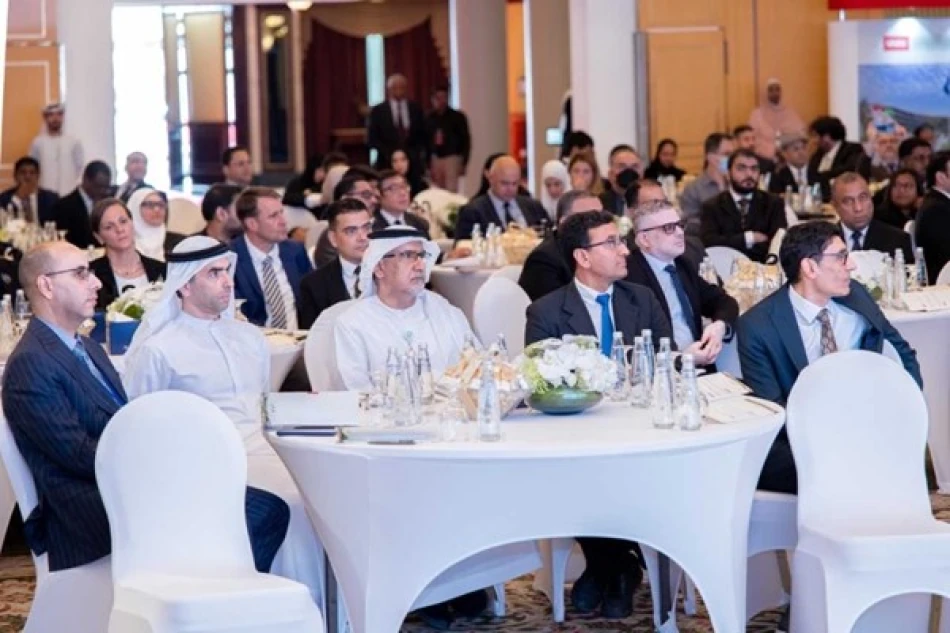
UAE University Welcomes 108 New Faculty Members to Strengthen Academic Excellence
UAE University Expands Academic Workforce with 108 New Faculty Hires
The United Arab Emirates University has welcomed 108 new faculty members for the 2025/2026 academic year, marking a significant expansion across multiple disciplines as the institution accelerates its transformation into a globally competitive research hub. The substantial hiring wave reflects the UAE's broader strategy to position itself as a regional education powerhouse and reduce dependence on foreign academic partnerships.
Strategic Academic Transformation Underway
Dr. Mohsen Sharif, Deputy Vice-Chancellor for Academic Affairs, emphasized that the new recruits represent a "qualitative tributary" in the university's ongoing academic transformation journey. Speaking on behalf of the university's leadership, he positioned the new hires as partners in "building intellectual capacity, creating impact, and continuing to enhance the university's regional and international standing."
This language signals more than routine hiring—it suggests UAEU is actively repositioning itself to compete with established regional players like King Abdullah University of Science and Technology in Saudi Arabia and the American University of Beirut.
Comprehensive Faculty Integration Strategy
Aisha Al Dhaheri, Director of Human Resources, outlined the university's commitment to creating a supportive work environment that ensures smooth integration, clear procedures, and professional development opportunities. This systematic approach to faculty onboarding reflects lessons learned from other Gulf universities that have struggled with high turnover rates among international academic staff.
Cross-Disciplinary Expansion
The new appointments span nine colleges: Humanities and Social Sciences, Education, Business and Economics, Agriculture and Veterinary Medicine, Law, Engineering, Science, Information Technology, and Medicine and Health Sciences. This broad distribution suggests UAEU is avoiding the common Gulf mistake of over-investing in business and engineering programs while neglecting liberal arts and social sciences.
Regional Academic Competition Intensifies
The hiring surge comes as Gulf universities face intensifying competition for top-tier faculty. Saudi Arabia's Vision 2030 has dramatically increased academic salaries and research funding, while Qatar continues to leverage its established partnerships with Western universities. UAEU's substantial faculty expansion indicates the UAE is prepared to match these investments to maintain its educational competitiveness.
For the broader higher education market in the region, this represents a positive trend toward genuine academic capacity building rather than reliance on branch campuses of Western institutions—a model that has shown mixed results across the Gulf.
Implications for UAE's Knowledge Economy Goals
The faculty expansion aligns with the UAE's post-oil economic diversification strategy, which requires substantial domestic research and development capabilities. Unlike previous hiring waves that often prioritized international credentials over research output, the emphasis on "global standards" and "rigorous academic criteria" suggests a more sophisticated approach to faculty recruitment.
This investment in human capital could position UAEU as a serious competitor to regional leaders like the American University of Beirut and emerging Saudi institutions, particularly if coupled with increased research funding and reduced bureaucratic constraints that have historically limited Gulf universities' academic freedom.
Most Viewed News

 Layla Al Mansoori
Layla Al Mansoori






